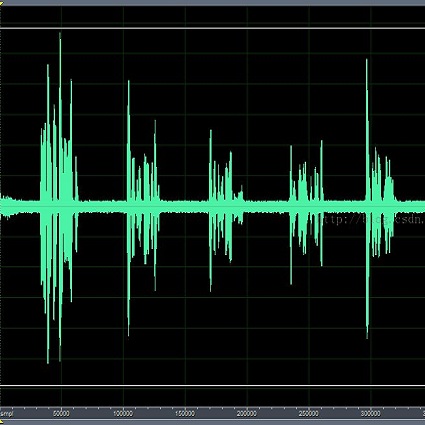Streaming models are an essential component of real-time speech enhancement tools. The streaming regime constrains speech enhancement models to use only a tiny context of future information. As a result, the low-latency streaming setup is generally considered a challenging task and has a significant negative impact on the model's quality. However, the sequential nature of streaming generation offers a natural possibility for autoregression, that is, utilizing previous predictions while making current ones. The conventional method for training autoregressive models is teacher forcing, but its primary drawback lies in the training-inference mismatch that can lead to a substantial degradation in quality. In this study, we propose a straightforward yet effective alternative technique for training autoregressive low-latency speech enhancement models. We demonstrate that the proposed approach leads to stable improvement across diverse architectures and training scenarios.
翻译:暂无翻译




